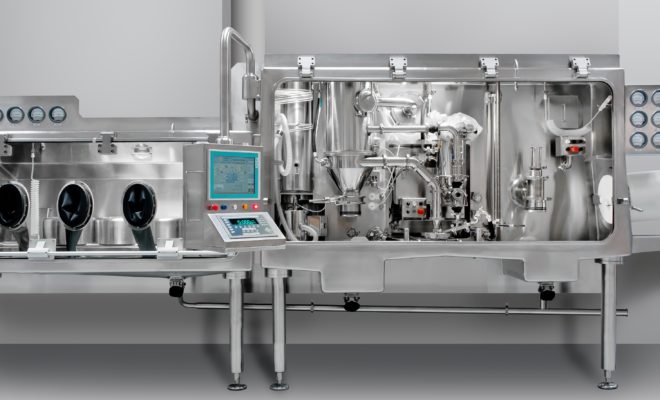Can A High Protein Diet Help Control Blood Sugar?

For type 2 diabetics, who struggle with insulin resistance, diet is an important tool for managing blood sugar levels, but are high protein diets a good disease management option? On the surface, the combination makes perfect sense; counting carbohydrates is key to preventing blood sugar spikes, so minimizing the overall number of carbohydrates can provide a greater degree of stability. However, since many type 2 diabetics struggle with weight and comorbid heart conditions, the high levels of fat associated with such diets can also be risky.
Filling Up On Protein
Protein is a key part of a balanced diet and it helps build muscle, boosts metabolism, and can increase satiety. That’s why people who eat a high protein meal for breakfast may actually eat about 300 fewer calories per day than those who have a more traditional, carbohydrate-heavy meal early in the day. This increase in satiety can also help those who are trying to lose weight control their calorie intake, which can benefit diabetic individuals in the long-term.
Protein And Insulin Resistance
One key reason that people with type 2 diabetes can benefit from a high protein diet is because it can actually help to reduce underlying insulin resistance. Insulin resistance occurs when blood sugar spikes frequently, putting stress on the pancreas as it releases large amounts of insulin over and over again. Over time, these bursts of insulin make the receiving cells less sensitive to the hormone and make it harder for the body to process and store sugars. The pancreas is then forced to release more and more insulin to try to meet the body’s needs.
In a small study of type 2 diabetics, patients who consumed a diet high in animal protein saw increased insulin sensitivity, indicating that their bodies became better at processing sugar. Additionally, both those study participants and those who consumed a diet high in plant protein experienced better blood sugar control, decreases in liver fat deposits, and improved kidney function. These health improvements can minimize long-term cardiovascular damage and even reduce associated nerve damage.
Concerns About Ketosis
Many diabetics are concerned about consuming a high protein diet since the goal of many of these plans is to induce ketosis, a state in which the body burns fat for energy rather than sugar, as it typically does – and some worry that this can lead to ketoacidosis. In reality, though, the two states are very different. Although ketoacidosis also involves the burning of fat for energy, it can cause imbalances that make the blood acidic and can lead to coma and death. If an individual with type 2 diabetes eats a ketogenic diet, monitors their blood sugar levels, and takes their medication as directed, it shouldn’t be a problem.
Though you should always talk to your doctor about the proper diet for managing your diabetes, it’s worth considering a high protein diet. Because it minimizes fluctuations in blood sugar levels, such a diet has the potential to reduce long-term physiological damage, and manage A1c levels. Other diets can be equally effective, but with added satiety from protein and subsequent weight loss, a high protein diet can be especially easy for patients to comply with, and as such, they are more likely to see results. Originally designed as a treatment for epilepsy, high protein diets could be the next major breakthrough in diabetes care.











